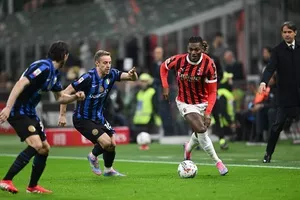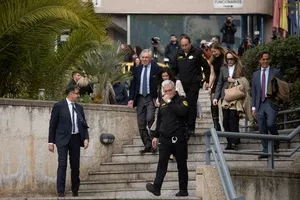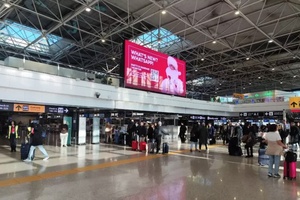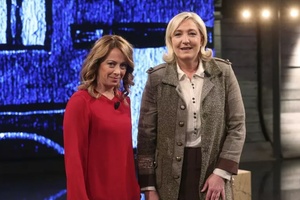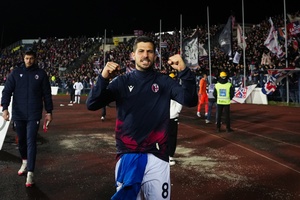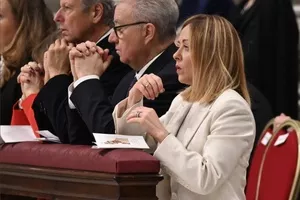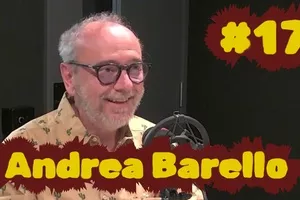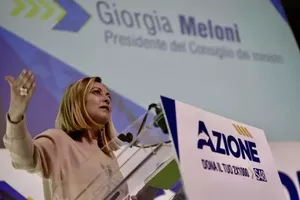His comments came in a newspaper interview on Sunday.
Tajani said that even though the mercenaries had returned to Ukraine and their leader Yegeny Prigozhin gone into exile in Belarus after the Belarus mediated the conflict, peace was hopefully closer.
“One thing is certain,” Tajani told Rome daily Il Messaggero, “today the Russian front is weaker than yesterday.”
“I hope that now peace is closer.
“Let’s wait to try and understand what the next Russian moves in Ukraine will be.”
Ukrainian forces are reported to have made slight gains during the 24-hour rebellion by Prigozhin, a former hot dog vendor and Russian President Vladimir Putin’s former chef.
Prigozhin moved from catering to internet propaganda accused of favouring Donald Trump to the Wagner group, a covertly Kremlin-backed private army active in the Middle East, Africa and now Ukraine.
Tajani also said that while Italy doesn’t interfere in Russia’s internal affairs, “we are following [the situation] closely in order to ensure the safety of more than 5400 Italians present in Russia.”
The acting head of the centre right Forza Italia party also said that Putin’s authority had been undermined by the attempted coup against his military leadership.
“The myth of the unity of Putin’s Russia is finished,” he claimed.
“This domestic escalation splits the Russian military forces. It is the inevitable outcome when you support and finance a legion of mercenaries.
“We welcome all peace initiatives; we appreciated the fact that Pope Francis received (Ukrainian President Volodymyr) Zelensky and named Cardinal (Matteo) Zuppi his envoy.
“For us there exists only a just peace and it coincides with the restoration of Ukrainian territorial integrity.”
Tajani went on to say that Chinese mediation in the conflict “presents positive aspects but has an underlying flaw: it does not speak of an immediate withdrawal by the Russian troops”.
“A ceasefire that leaves part of Ukrainian territories in Russian hands is not a solution.”
Asked if Rome was in favour of Kyiv joining NATO, ahead of a summit in Vilnius in July, Tajani said that “we need a gradual process.”
“The first step is to set up a NATO-Ukraine Council and to restart from the enlargement process initiated at Bucharest in 2008, once the conflict is over.”
As for Ukraine’s accession into the EU, the foreign minister said, “we will do everything to help it join.”
“On the condition, obviously, that it respects EU rules and drafts the reforms requested, for example in the fight against corruption.”
ANS

















